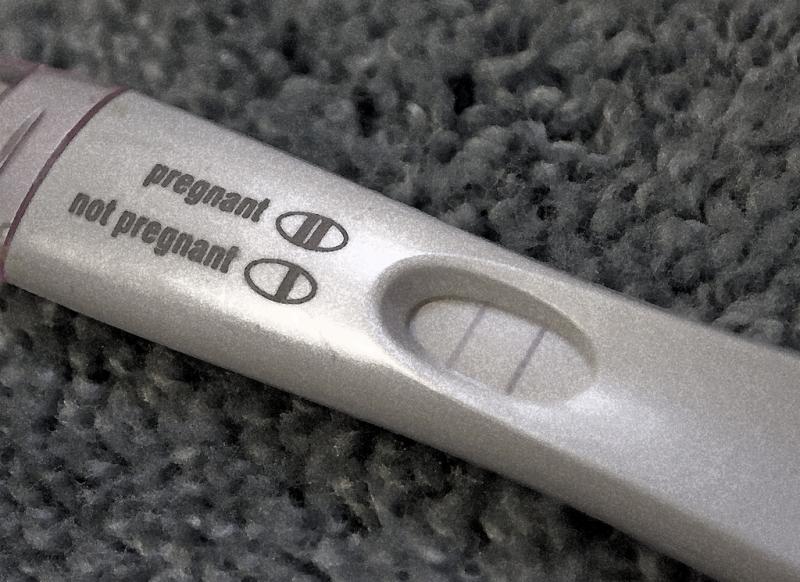Delhi Charter School Demonstrates How Not To Treat A Pregnant Teenager

The Louisiana school’s new front against teenage pregnancy, outlined in the latest version of its student handbook, reeked of gender discrimination and privacy infringement.
In a nation where parents and educators are struggling to find ways to keep pregnant and parenting kids in school, Delhi—again, a charter school, funded by public money and governed by public school regulations—established a zero-tolerance policy on pregnant students. And, to add teeth to its bite, it developed an easy strategy for weeding out the unwelcome: forcing any female student "suspected" of being pregnant to take a pregnancy test.
Even more alarming, the policy also stipulated that any student who refused such a test—perhaps on religious grounds, perhaps because she valued her education, or perhaps because she simply wanted to make a stand for the right of a woman to keep her pregnancy to herself—would be treated as if she were pregnant. Delhi was setting up a policy to throw girls out of its school for a transgression they might not even have committed.
The policy quickly prompted a joint letter from the ACLU of Louisiana and the ACLU Women’s Right Project, asking the school to suspend the new measure and citing multiple federal laws it was violating.
Those laws include Title IX of the Educational Amendments of 1972, which bars the exclusion of students from educational programs based on sex, and the Equal Protection Clause of the U.S. Constitution, which stipulates that females receive the same rights and treatment as their male peers, and vice versa.
Needless to say, the policy could not, and did not, last. The charter school’s board announced last Wednesday that they will be changing the policy, though they have not yet determined what the change will be.
If Delhi really wants to treat its students fairly, pregnant and otherwise, the reality is that the school will have to start from scratch. The charter school took the same easy way out society takes all the time: putting the blame for teenage pregnancy on the teenage girls whose bodies manifest the problem.
But no situation more clearly involves the culpability of two parties than consensual sex leading to unplanned pregnancy, and for every female student whose education Delhi aimed to devastate, there would have been an equally responsible male student allowed to continue going to class as he pleased. The potential difficulty of determining the identities of these males is no excuse for letting gender equality fall by the wayside.
Delhi’s policy also committed another major, and unfortunately common, foul. By equating pregnancy with getting kicked out of school, Delhi was reinforcing the stigma against pregnant and parenting teens. Granted, a little bit of stigma is healthy in this situation—we want pregnancy to seem dangerous and undesirable to teenagers. However, it is the scenario that warrants the stigma, not the kids facing the scenario who desperately need help.
Pregnant teenagers have enough to worry about. They don’t need one of their most valuable assets in putting their life back together—education—taken away from them. Nor do they need the added stress of trying to avoid being exploited by the school board as a "bad example" for their peers: if anything scares teenagers into protecting themselves against pregnancy, it’s seeing their friends go through the hardship of raising a child, not the threat of expulsion.
But teenagers aren’t going to be exposed to that hardship if stigma stifles acknowledgement of the problem. And they’re not going to be educated about it either, not if a school is directing its resources into forced pregnancy tests rather than programs that engage students and teach them about safe sex practices.
In the case of Delhi Charter School, the ACLU was right to step in when it did. But the problem doesn’t end with Delhi. Its rejected policy should stand as an example to educators nationwide that teenage pregnancy won’t go away simply by alienating pregnant students or by leaving males out of the equation entirely. A problem as complex and widespread as teenage pregnancy needs a comprehensive solution, not a repressive one.
Reach Contributor Francesca Bessey here.



